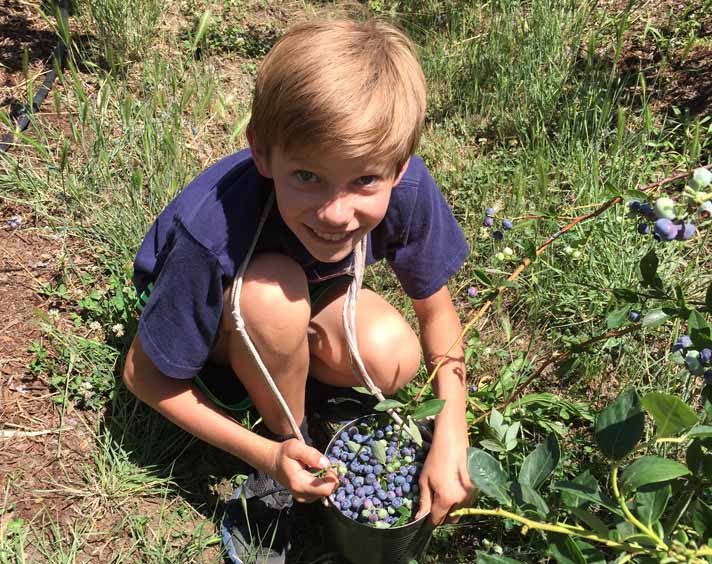One of the things I love most about the Rogue Valley is the abundance of fresh, local produce and other goods grown on our surrounding rural lands. However, with projected population growth and the legalization of marijuana, comes increased pressure on farmland and the ability of farmers to afford farmland.
There are a number of organizations in our area trying to protect farmland so that it remains available for farming, and to facilitate a sustainable food-systems program to provide people with local, healthy food.
A food system involves all aspects of food production—the way the food is grown or raised; the way the food is harvested or slaughtered; the way the food is processed, packaged, or otherwise prepared for purchase—and food distribution; where and how the food is transported, brought into stores or restaurants, and how it is prepared for consumption.
Having affordable farmland available is essential for a sustainable food system. Making sure that land remains available for agriculture is critical, but farmers also have to be able to make a living selling what they produce. If farmers cannot make a living, they face heavy pressure to do something else with their land, especially with the increased price of farmland.
Evidence indicates that local food systems support local economies. For example, farmers’ markets positively affect businesses surrounding them, while also providing significant sources of income for local farmers, thus maintaining the viability of many small, local farms. Unlike large industrial farms, small family farms are more likely to spend their dollars in the community on farm-related inputs (e.g., machinery, seeds, farm supplies, etc.); in addition, food grown locally, processed locally, and distributed locally, (to local restaurants, for example) generates jobs and subsequently helps stimulate local economies.
THRIVE, (The Rogue Initiative for a Vital Economy,) a local non-profit that works on economic development, is working with regional farmers, a food distribution company, and numerous grocery stores in the region on a project to increase the access that local farmers have to the regional wholesale market. OSU Small Farms Program and Rogue Farm Corps are helping train farmers, while Access (a food bank organization) started a marketing campaign to build public awareness of the importance and availability of local produce. 1000 Friends of Oregon started the Rogue Valley Food Systems Network to bring these groups together to advocate for a healthy and sustainable food system.
One thing we can all do to help our local farmers AND protect farmland is to buy as much as we can locally, whether that means joining a farm share, shopping at farmers’ markets, buying local produce from participating grocery stores, going to U-Pick sites, or even buying eggs or meat from a local farmer. So go out and meet your farmer today!

 Sandy J. Brown lives in Jacksonville and is a real estate broker and land use planner with Windermere Van Vleet Jacksonville. She can be reached at sandyjbrown@windermere.com or 831-588-8204.
Sandy J. Brown lives in Jacksonville and is a real estate broker and land use planner with Windermere Van Vleet Jacksonville. She can be reached at sandyjbrown@windermere.com or 831-588-8204.